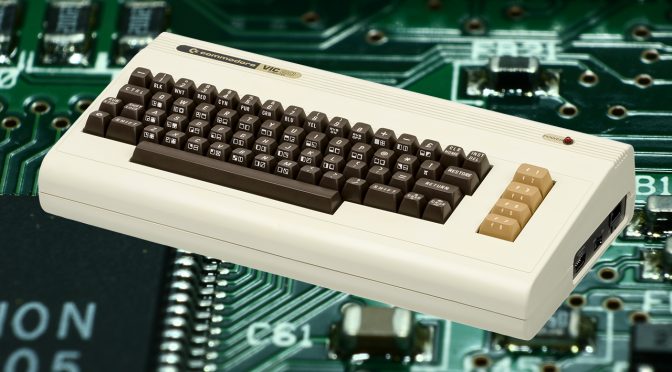Podcast: Play in new window | Download
Subscribe: Apple Podcasts | Email | TuneIn | RSS | More
In our penultimate episode of Retro Gadget of the Week, we take a look at one the most revolutionary moments in computer history, where an explosion of homegrown talent changed the very face of the personal computer marketplace and faced up directly the power of Silicon Valley with low-cost home computers designed in the UK
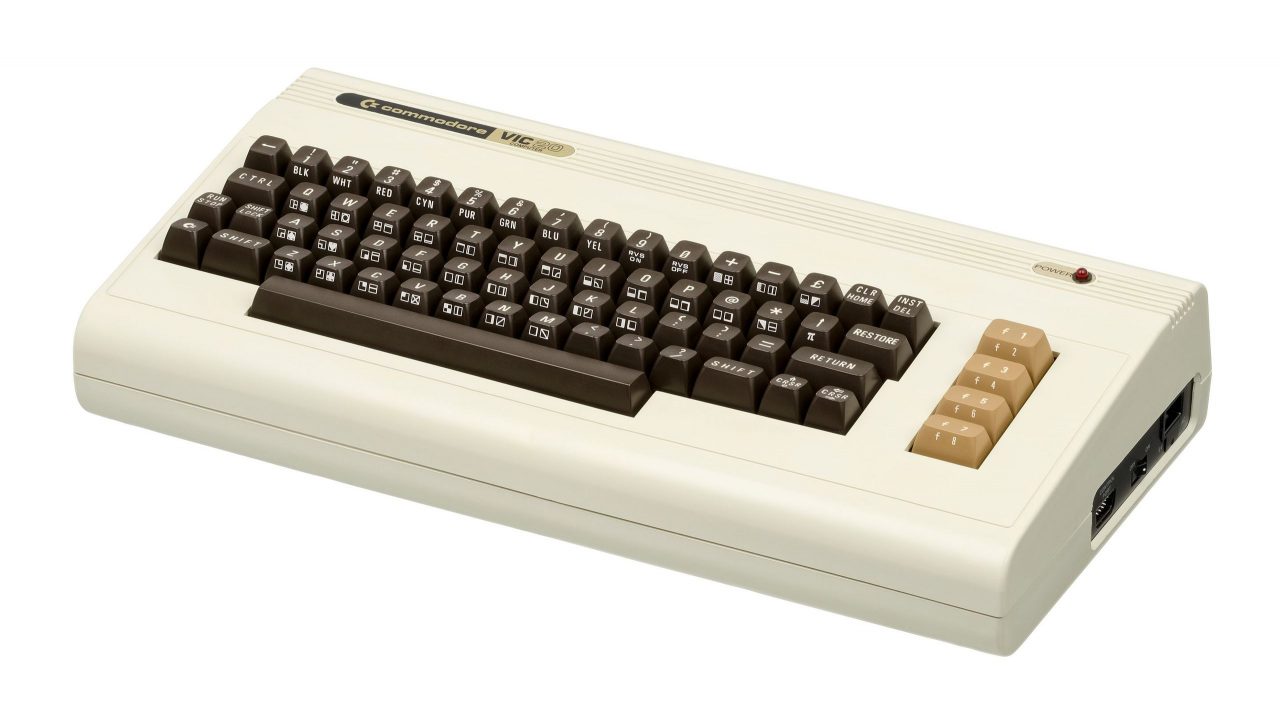
I was very lucky to receive a Commodore VIC20 personal computer for one of my birthdays in the 80s and proceeded to embrace coding head-on! Unlike other home computers, the VIC20 only supported it’s own tape drive, so instead of using our portable cassette play like my mates with Sinclair ZX Spectrums, I had to wait until I save enough money to buy my own Commodore Datasette. This meant that every single program I wrote on the Vic was lost when the power was switched off, I either needed to write down my code or memorise it!
Alongside the American VIC20, a slew of other devices was released by UK based companies. The most famous was the Sinclair ZX Spectrum and ZX81. However, other notable UK made systems included the BBC Model B (built by Acorn), Dragon 32, Amstrad CPC464, Apricot F1, Camputers Lynx, Gundy Newbrain, Jupiter Ace, Memotech MTX, Tangerine Oric 1 and many others.
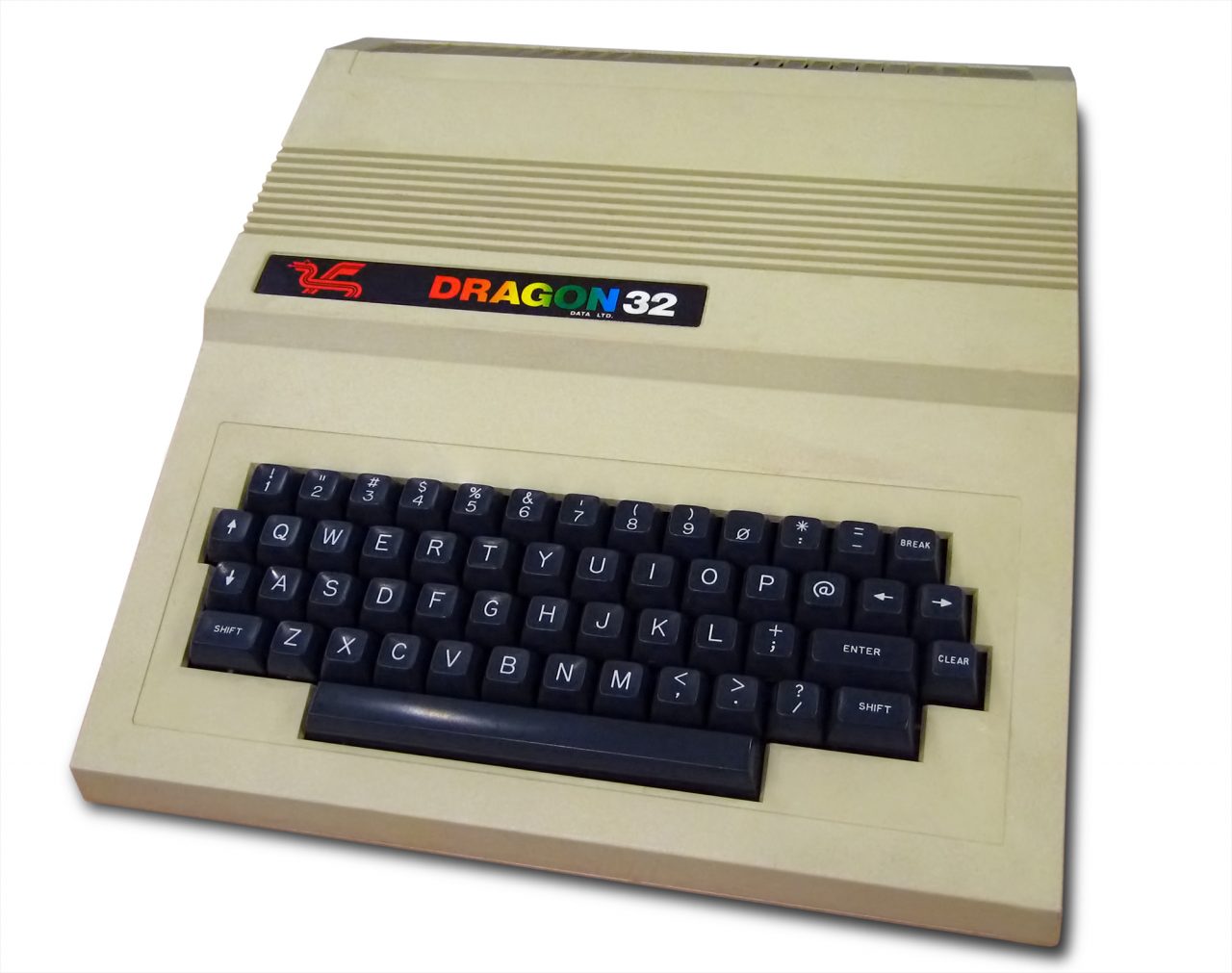
Almost all home computers of the era were based on the Zilog Z80 or MOS 6502 microprocessors with a small number going with the Motorola 6809 (which was more advanced that the Zilog and MOS processors).
The computers were generally self-contained devices, combining keyboards and computers as one with connectivity with colour or black and white TV’s which the user was generally expected to supply. Other peripherals were available such as tape drives, floppy disk drives, printers, joysticks and light-pens. Some models also supported plug-in cartridges which generally allowed the owner to play pre-programmed games.
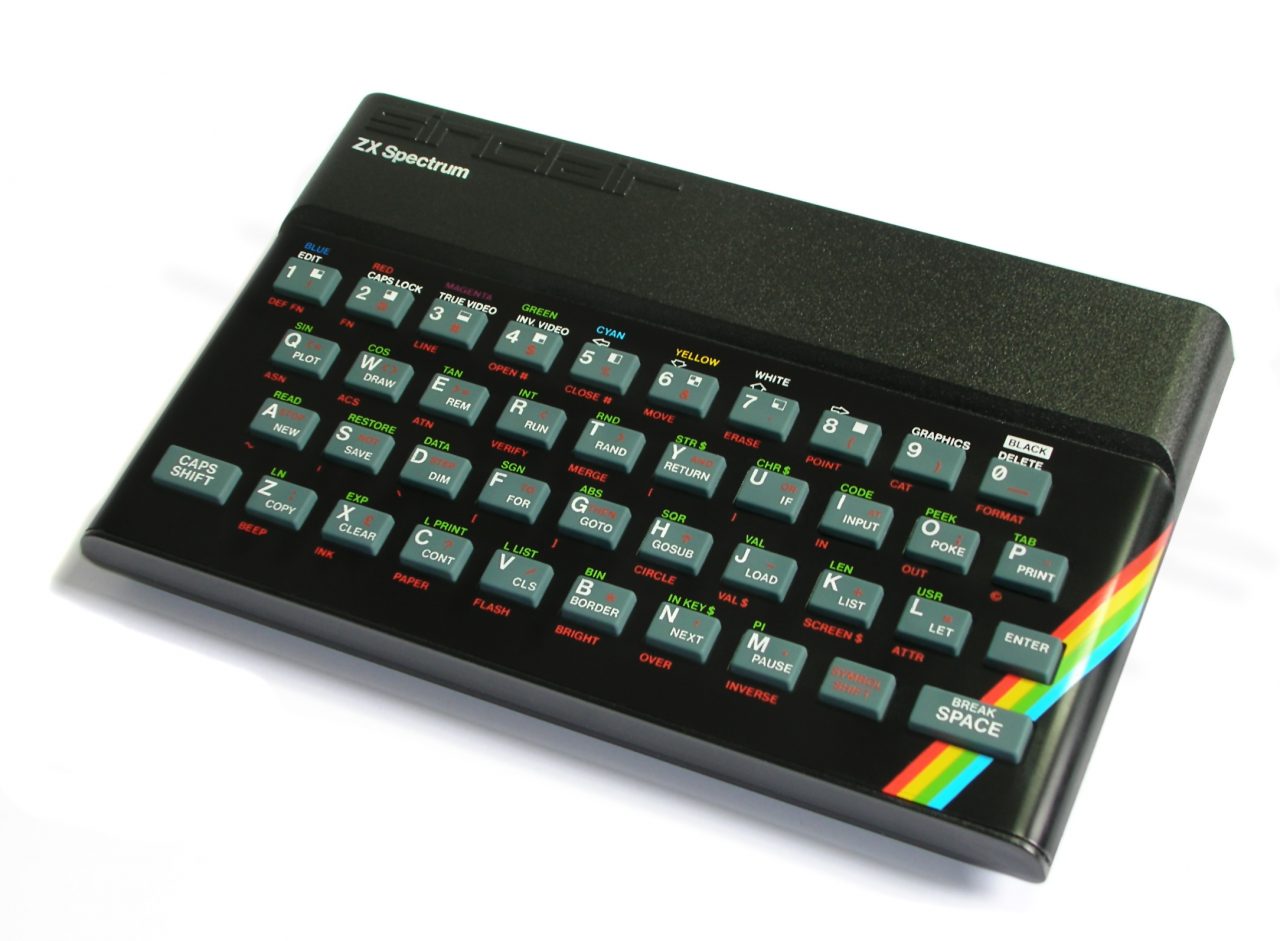
The first to the market came with minute amounts of programmable RAM in the region of 1K to 5K, later entrants from the UK market settings with 16K or 32K with some stretching even further. If I compare this to my Sony Xperia 1 mobile that I use today, this comes with 6 Gigabytes of RAM which is roughly 1,700,000 times more than my Commodore VIC!
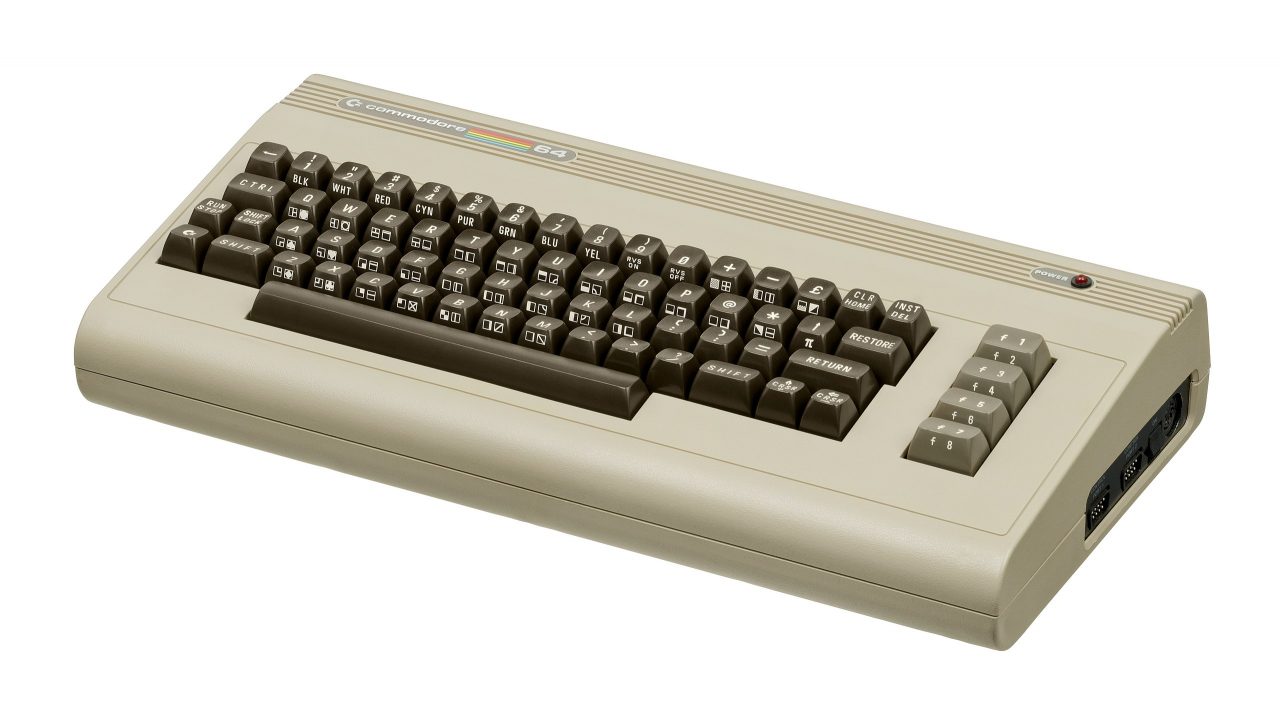

Almost every computer came preloaded the BASIC (Beginner’s All-Purpose Symbolic Instruction Code) programming language which allowed a new breed of programmers to begin crafting their own code. Although the basics of each version of BASIC remained similar, that’s where it ended, different hardware and firmware made each machine incompatible with the other. Having a market saturated with different devices which didn’t speak the same dialect was the architect of their demise.
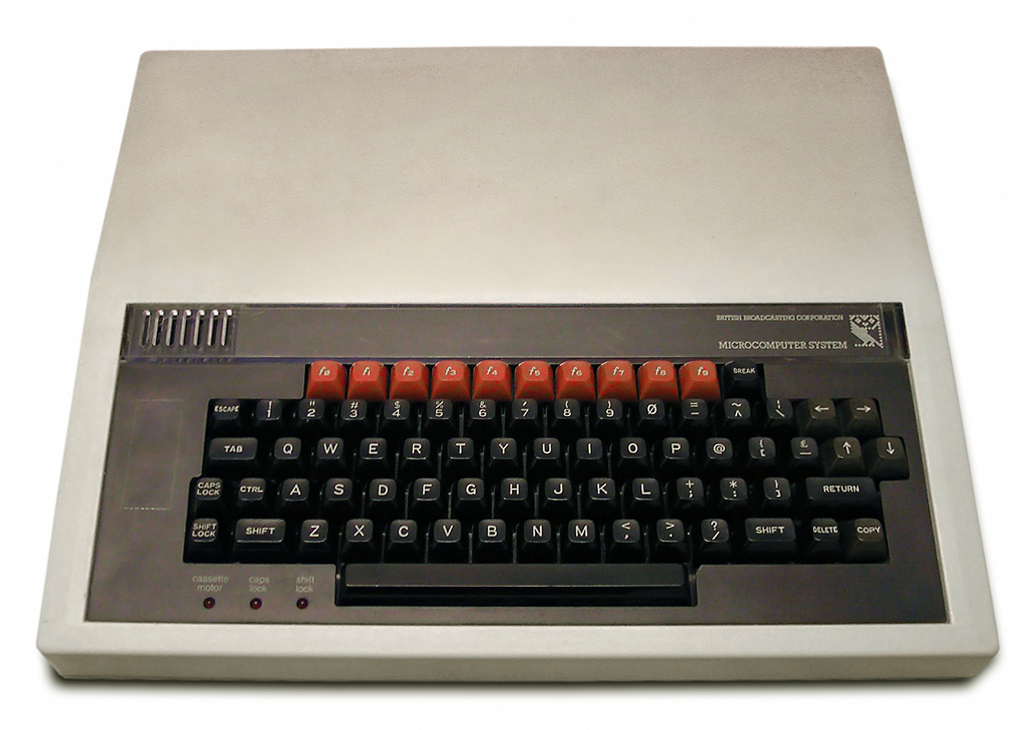
After 3 to 4 years, the majority of these computers had become obsolete and fell out of use leaving the BBC Model B surviving through use in UK schools, colleges and universities and the Commodore 64 which had become a glorified games console rather than a way for young people to gain computer experience.
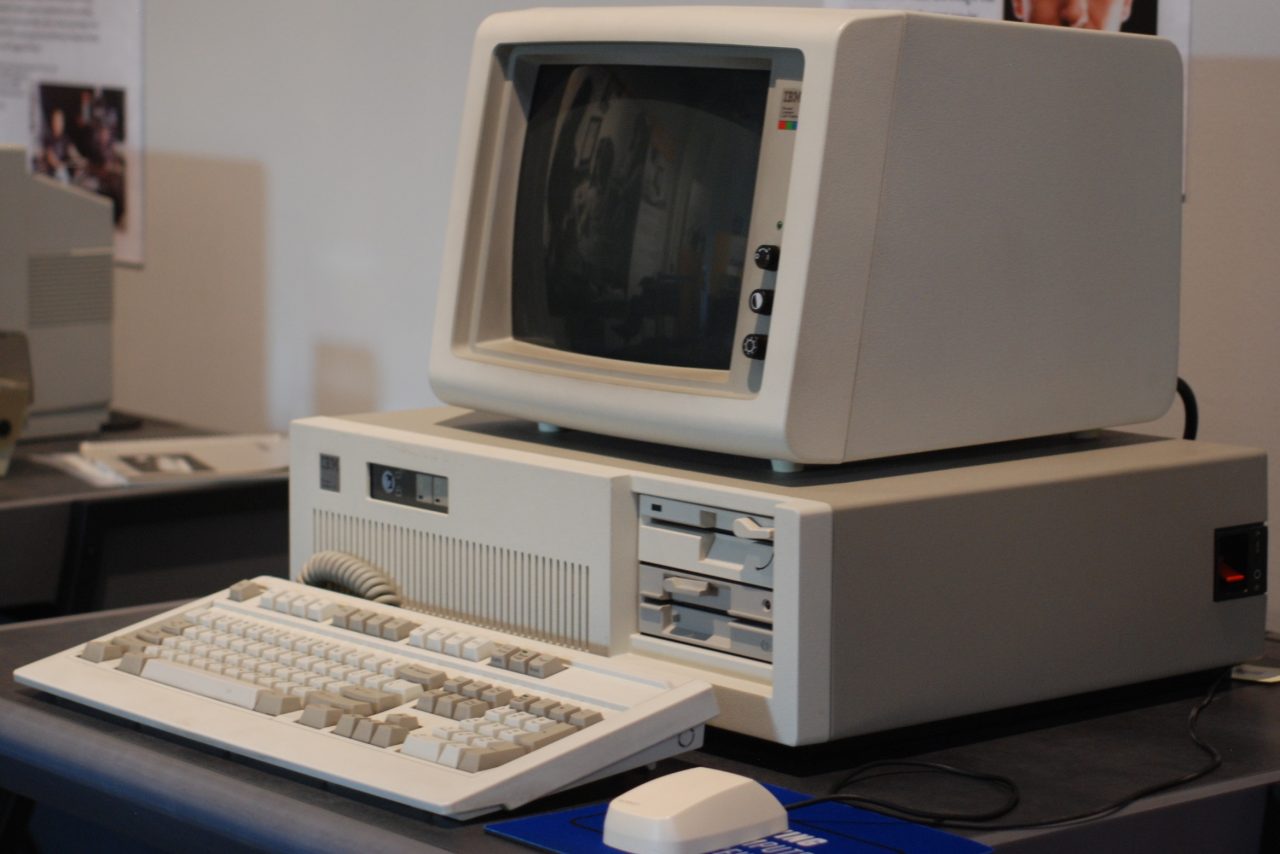
Along came affordable IBM PC clones from Dell, Compaq, AST and Gateway which WERE compatible with each other. Users began migrating across to these PC compatibles and the market was replaced at home and office. It was the end of an era.
Without the likes of Commodore or Acorn, my life would have been very different, so I have to tip my hat to the 80s Home Computer!.
Listen in to the podcast above to find out more and don’t forget to LIKE, SUBSCRIBE, SHARE and COMMENT!!!
See you next time
Matt
The Gadget Man
(Former Programmer of CBM Basic, BBC Basic, DataGeneral Basic, Testpoint Basix and Visual Basic)
Image Credits: Wikipedia

